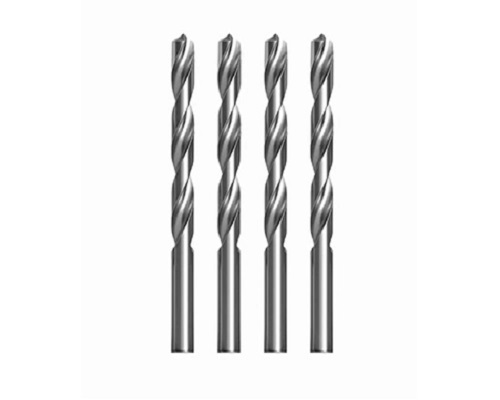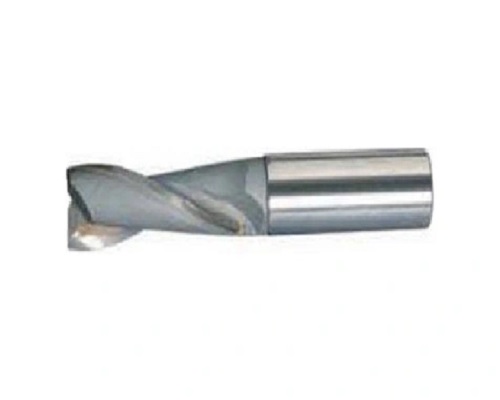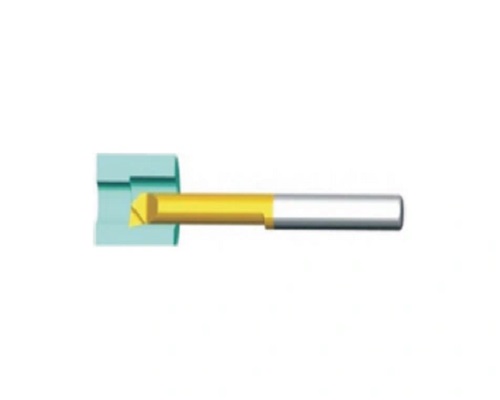Experience the power of precision with RNK Milling Tools. Our milling tools for sale are meticulously crafted from high-quality carbide, designed to deliver superior performance and durability. Engineered for precision and consistency, drill mill tools are ideal for a wide range of milling applications. Our advanced manufacturing process, utilizing Walter 5-axis and 6-axis digital grinding machines, ensures each milling drill bit meets the highest standards of quality. With RNK Milling Tools, you can confidently tackle any manufacturing challenge, knowing you have the best tools in the industry at your disposal.
Superior Durability and Longevity: Carbide milling tools are renowned for their exceptional durability. Milling cutter bits are made from a material that is three times stiffer than steel and four times more resistant to heat. This means milling drill bits can withstand high-speed operations for a longer period without wearing out, reducing the frequency of tool replacement and downtime in production.
High Precision and Consistency: The rigidity of carbide allows for more precise and consistent cuts. This is crucial in industries where precision is paramount, such as aerospace and automotive. With carbide milling tools, manufacturers can achieve tighter tolerances and better surface finishes, enhancing the quality of the final product. Additionally, the use of specialized tools like brazed carbide end mill and insert ball nose end mill further enhances the versatility and precision of carbide milling operations, making them ideal for complex and demanding applications.
Increased Efficiency: Carbide drill mills have a faster cutting speed compared to other materials. This leads to increased productivity, as more parts can be produced in less time. Furthermore, the heat resistance of carbide means mills tools can maintain their cutting speed for longer, further boosting efficiency.
Versatility: As a kind of precision cutting tools, carbide mills tools are versatile and can be used on a wide range of materials, from soft plastics to hard metals. This makes them a valuable tool in various industries, including automotive, aerospace, medical, and electronics. The ability of mill machine bits to handle different materials and tasks with precision and efficiency makes them a cost-effective choice for manufacturers.
Understand Your Project Requirements: The first step in choosing the right milling tool is to understand the specific requirements of your project. This includes the type of material you will work with, the desired finish, and the complexity of the design. Different materials require different types of milling tools. For instance, carbide tools are excellent for hard materials, like the solid carbide end mills, while high-speed steel might be more suitable for softer materials. By carefully assessing these factors, you can select precision metal cutting tools that will ensure optimal performance and efficiency for your milling project.
Consider the Tool Material: The material of the milling tools plays a crucial role in its performance and durability. Carbide drill mills, for instance, are known for their hardness and heat resistance, making them ideal for high-speed operations. High-speed steel, on the other hand, is more flexible and less prone to breaking, making it suitable for projects that require a lot of force.
Evaluate Tool Geometry: The geometry of the milling drill bit, including the number of flutes, the angle of the helix, and the shape of the cutting edge, can significantly impact the tool's performance. For example, a higher number of flutes can increase the tool's speed but may compromise the quality of the finished.
Factor in Cost: While it's important to choose mills tools that can deliver the desired results, cost is also a significant factor. High-quality milling tools may have a higher upfront cost, but they can offer better performance and longer lifespan, making them more cost-effective in the long run. Always consider the total cost of ownership, not just the initial purchase price.


